Extra Virgin Olive Oil in the Culinary World
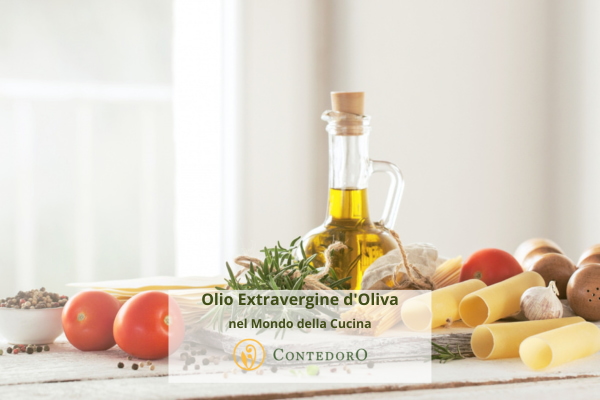
Extra virgin olive oil, known as the liquid gold of the Mediterranean, is a key ingredient in world gastronomy. Celebrated for its rich flavor and nutritional qualities, this oil not only enriches a wide range of dishes, but also encapsulates a thousand-year history that spans cultures and borders. In modern cuisine, extra virgin olive oil is not just a condiment, but a key player that transforms simple ingredients into memorable culinary creations. Its versatility and deep connection to gastronomic tradition make it an irreplaceable element in kitchens around the world.
INDEX
- History of Extra Virgin Olive Oil
- Production Process
- Olive Varieties and Regional Differences
- Health Benefits
- Culinary Uses
- Gastronomic pairings
- Oil Conservation and Selection
- Current Trends and Innovations
- Conclusions
History of Extra Virgin Olive Oil
The history of extra virgin olive oil has its roots in antiquity, with the earliest traces dating back more than 6,000 years in the eastern Mediterranean. Considered a vital element in Greek, Roman and Egyptian civilizations, oil was used not only in cooking but also in religious ceremonies, as medicine and in cosmetics. Its spread along trade routes led to the adoption of this precious liquid in different cultures, influencing cooking methods and eating habits. Today, extra virgin olive oil is celebrated for its connection to the Mediterranean diet, recognized worldwide for its health and longevity benefits.
Production Process
The process of producing extra virgin olive oil is an art that combines tradition and innovation. It begins with the harvesting of the olives, preferably by hand to preserve their quality. The olives are then washed and crushed, including stone, pulp and skin, to make a paste. This paste is then cold pressed, a method that keeps the organoleptic and nutritional characteristics of the olives intact. The result is an oil that retains the pure taste and properties of fresh olives, a key aspect that distinguishes extra virgin oil from other categories of olive oils.
Olive Varieties and Regional Differences
Extra virgin olive oil is a product of exceptional diversity, with more than 700 varieties of olives grown around the world. Each variety, from Arbequina in Spain to Koroneiki in Greece, brings unique characteristics of flavor, aroma and color to its oil. Climatic and territorial differences in growing regions greatly influence these properties, making each extra virgin oil a reflection of its environment. This regional diversity results in a wide range of flavor profiles, ranging from delicately fruity to intensely spicy, offering chefs and culinary enthusiasts a rich palette of flavors to enhance their dishes.
Health Benefits
Extra virgin olive oil is renowned for its many health benefits, attributed largely to its bioactive compounds, including polyphenols and monounsaturated fatty acids. These compounds contribute to the prevention of cardiovascular disease through their ability to reduce “bad” LDL cholesterol and increase “good” HDL cholesterol. Extra virgin olive oil is also known for its anti-inflammatory and antioxidant properties, which may play a role in reducing the risk of certain cancers and slowing down the aging process. Its regular inclusion in the diet is a mainstay of the Mediterranean diet, often associated with increased longevity and a better quality of life.
Culinary Uses
Extra virgin olive oil is a versatile ingredient that enriches a wide variety of dishes around the world. In Mediterranean cuisine, it is used both for cooking and as a raw condiment, enhancing the flavor of vegetables, meats, and fish. Its resistance to relatively high temperatures also makes it ideal for stir-frying and sautéing. In addition to its traditional use in salads and for dressing dishes, extra virgin olive oil finds use in innovative recipes, such as in emulsions, marinades, and even desserts, adding a unique and distinctive flavor note. Its ability to combine and balance different flavors makes it an indispensable element in contemporary cuisine.
Read also : Homemade Artichokes In Oil, the Most Good Recipes From All Over Italy
Gastronomic pairings
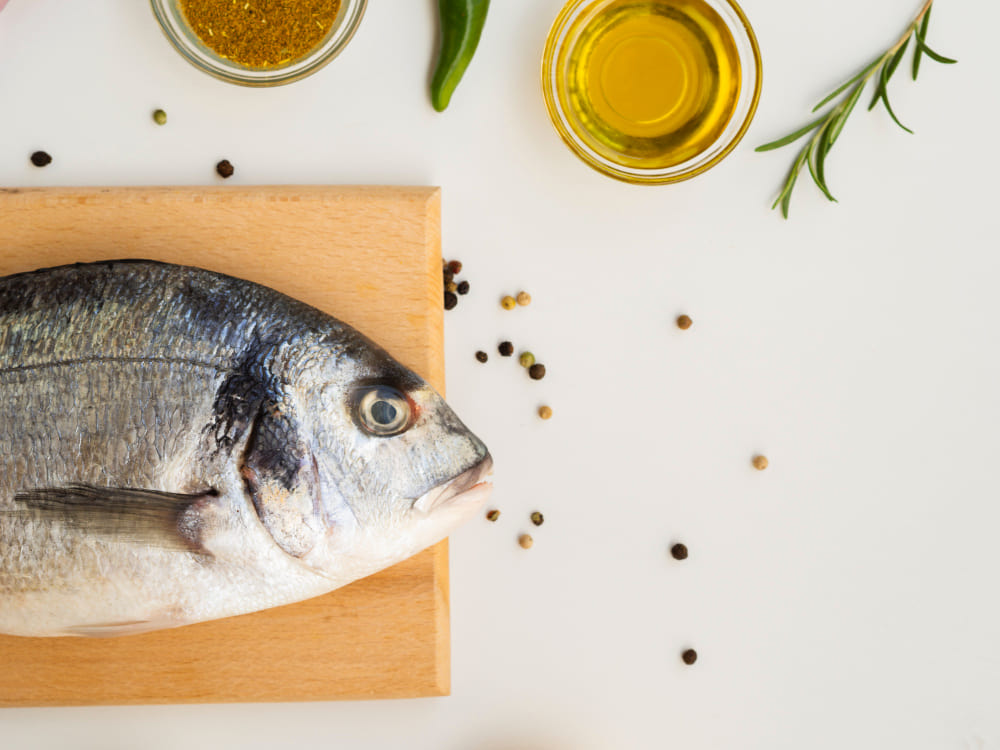
Pairing extra virgin olive oil with food is an art that enriches the dining experience. Choosing the right oil can enhance the flavors of a dish, creating a harmonious balance. Delicate-tasting oils pair well with fish, light vegetables and salads, while those with more robust and intense flavors go well with red meats, spicy dishes and aged cheeses. Extra virgin olive oil is also an excellent companion for bread, either in bruschetta form or as a base for sauces and dressings. Understanding the oil’s flavor profile is key to creating pairings that enhance the flavors of each ingredient, taking cooking to the next level.
Oil Conservation and Selection
Proper storage and careful selection are crucial to maintaining the quality of extra virgin olive oil. It is important to store oil in a cool place away from direct light to preserve its organoleptic properties. Dark glass bottles or stainless steel containers are ideal to protect it fromoxidation. When choosing an extra virgin olive oil, it is essential to pay attention to the expiration date, provenance and quality certifications. Tasting the oil before purchase can reveal notes of fruitiness, bitterness and spiciness, indicators of a high-quality product. Understanding these aspects ensures the choice of an oil that will not only enrich dishes but also provide a true sensory experience.
Current Trends and Innovations
The world of extra virgin olive oil is constantly evolving, with new trends and innovations emerging regularly. Today, we are seeing a growing interest in single-origin oils and artisanal production, which offer distinctive flavors and traceability. The focus on sustainability in production and reducing environmental impact is becoming increasingly important. In the kitchen, chefs are exploring the use of extra virgin olive oil in unconventional ways, such as in desserts and cocktails. Scientific research continues to discover new health benefits and methods to best preserve the qualities of oil. These trends reflect a growing appreciation for the quality, variety andecological impact of extra virgin olive oil.
Conclusions
Extra virgin olive oil is not just an ingredient, but a cultural heritage that enriches global cuisine. Its history, variety, health benefits and culinary versatility make it an irreplaceable element in any cuisine. While new trends and innovations continue to emerge, the essence of extra virgin olive oil remains unchanged: it is a symbol of tradition, quality and taste. This “liquid gold” will continue to play a key role in the culinary arts, carrying with it a legacy of flavors and stories that resonate through the centuries.
-
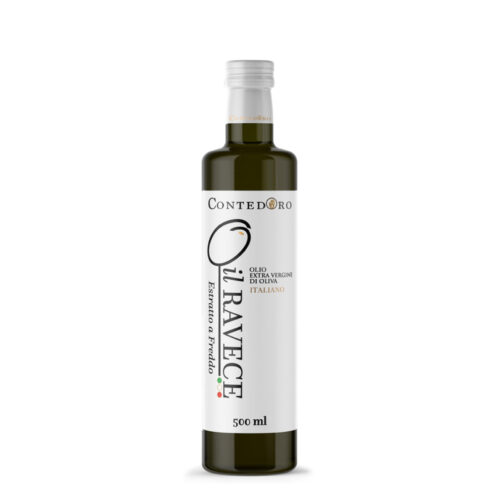 Oil Ravece
Oil Ravece -
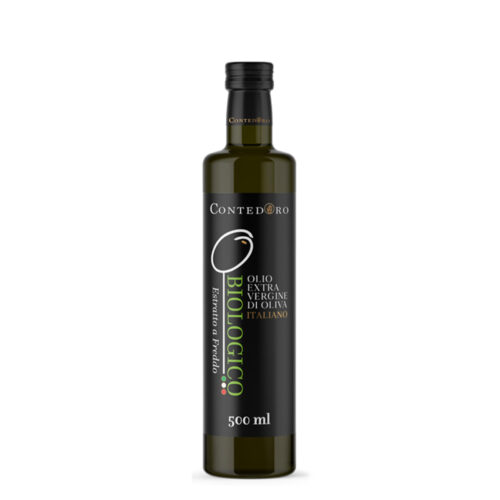 Organic Extra Virgin Olive Oil
Organic Extra Virgin Olive Oil -
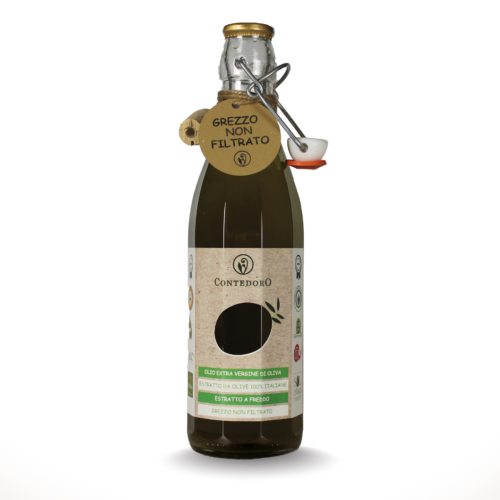 Raw Oil – Unfiltered EVO 0.50 and 5Lt.
Raw Oil – Unfiltered EVO 0.50 and 5Lt. -
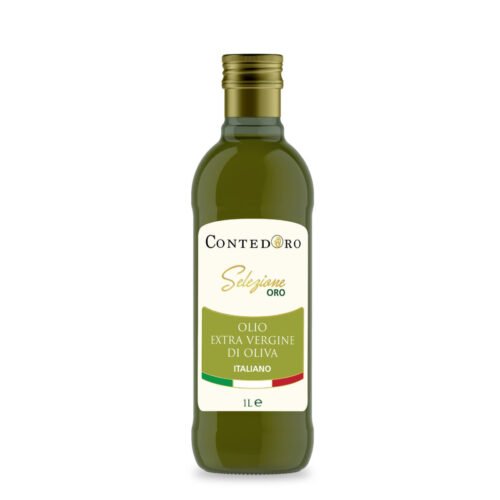 GOLD selection
GOLD selection -
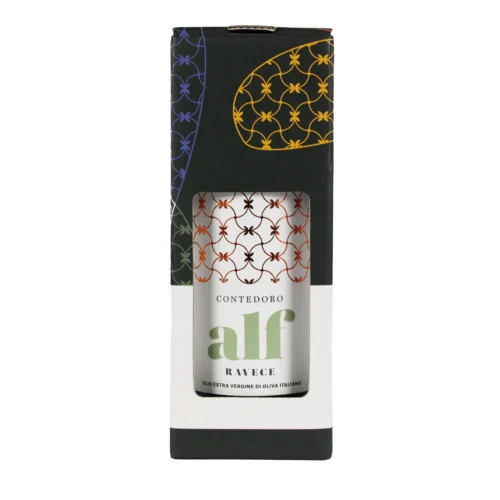 ALF – Ravece Selection
ALF – Ravece Selection -
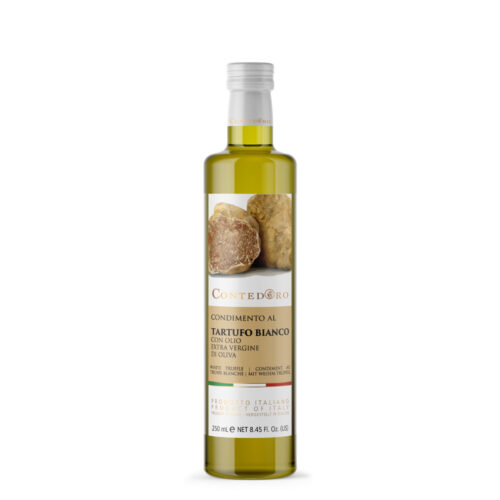 Extra virgin olive oil flavored with white truffle
Extra virgin olive oil flavored with white truffle -
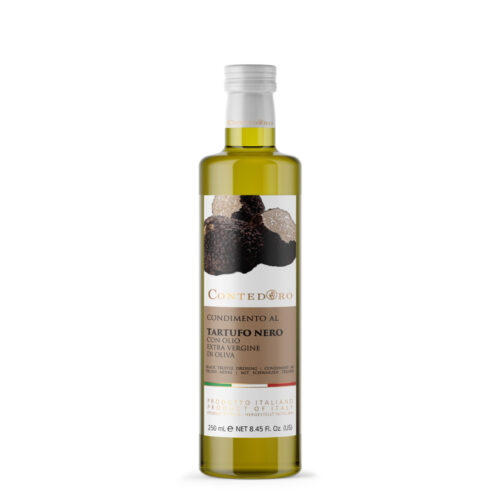 Extra virgin olive oil flavored with black truffle
Extra virgin olive oil flavored with black truffle -
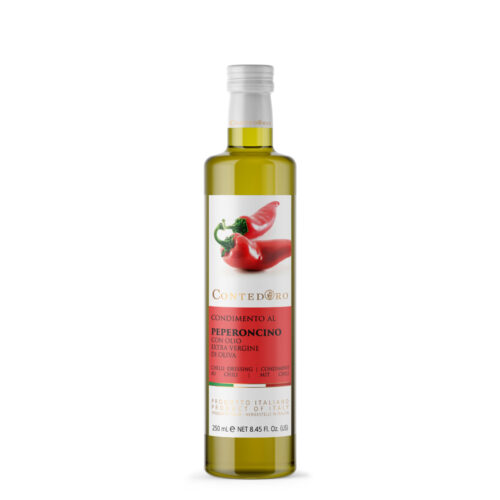 Chili pepper flavored extra virgin olive oil
Chili pepper flavored extra virgin olive oil -
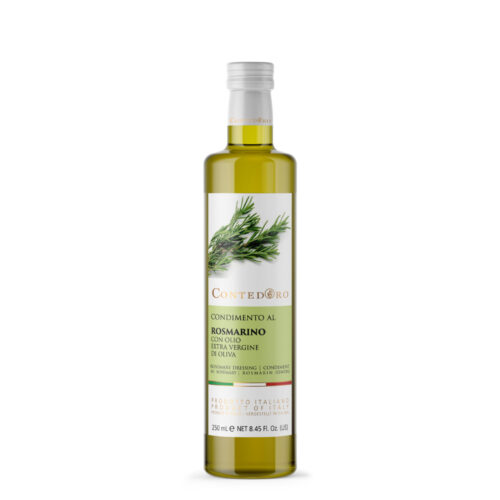 Extra virgin olive oil flavored with rosemary
Extra virgin olive oil flavored with rosemary -
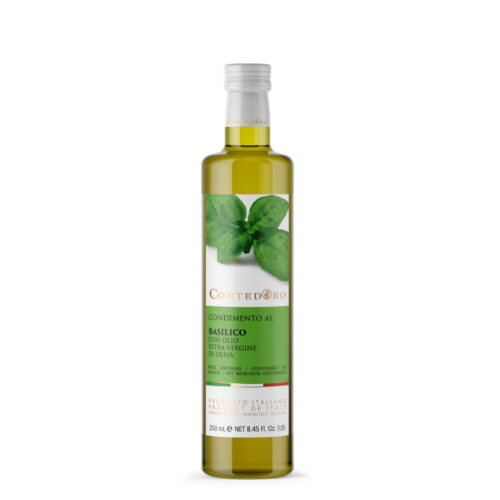 Basil-flavored extra virgin olive oil
Basil-flavored extra virgin olive oil -
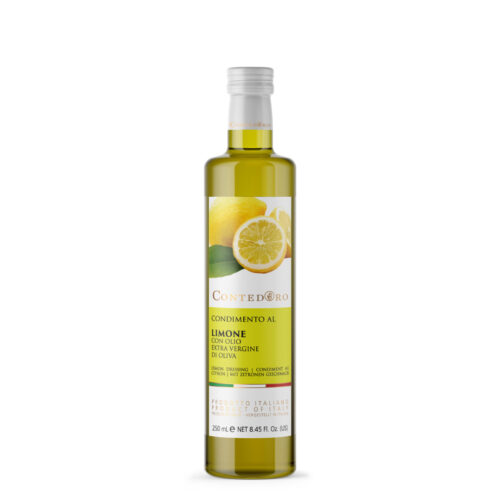 Lemon-flavored extra virgin olive oil
Lemon-flavored extra virgin olive oil -
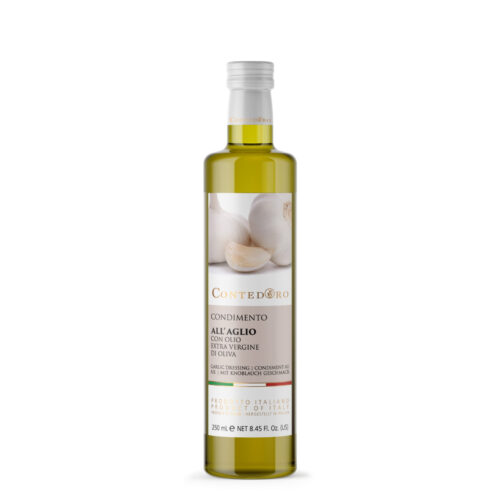 Garlic-flavored extra virgin olive oil
Garlic-flavored extra virgin olive oil

Alfio Lo Conte
Tecnico ed esperto degli oli extravergini di oliva, iscritto nell’Elenco Nazionale sezione Campania.
Maestro di frantoio con diploma, conseguito presso International Extravirgin Agency.
Read more articles by: Alfio Lo Conte
Recent Comments